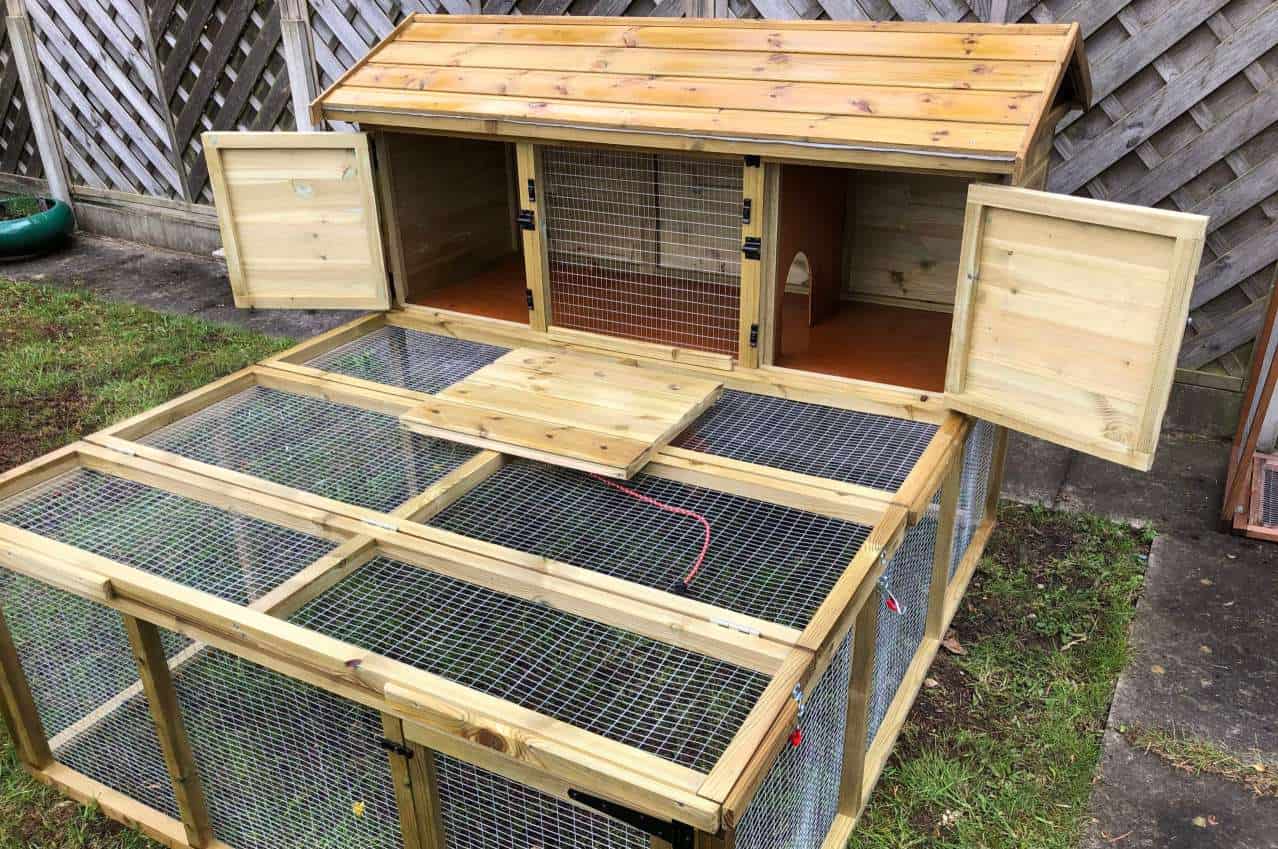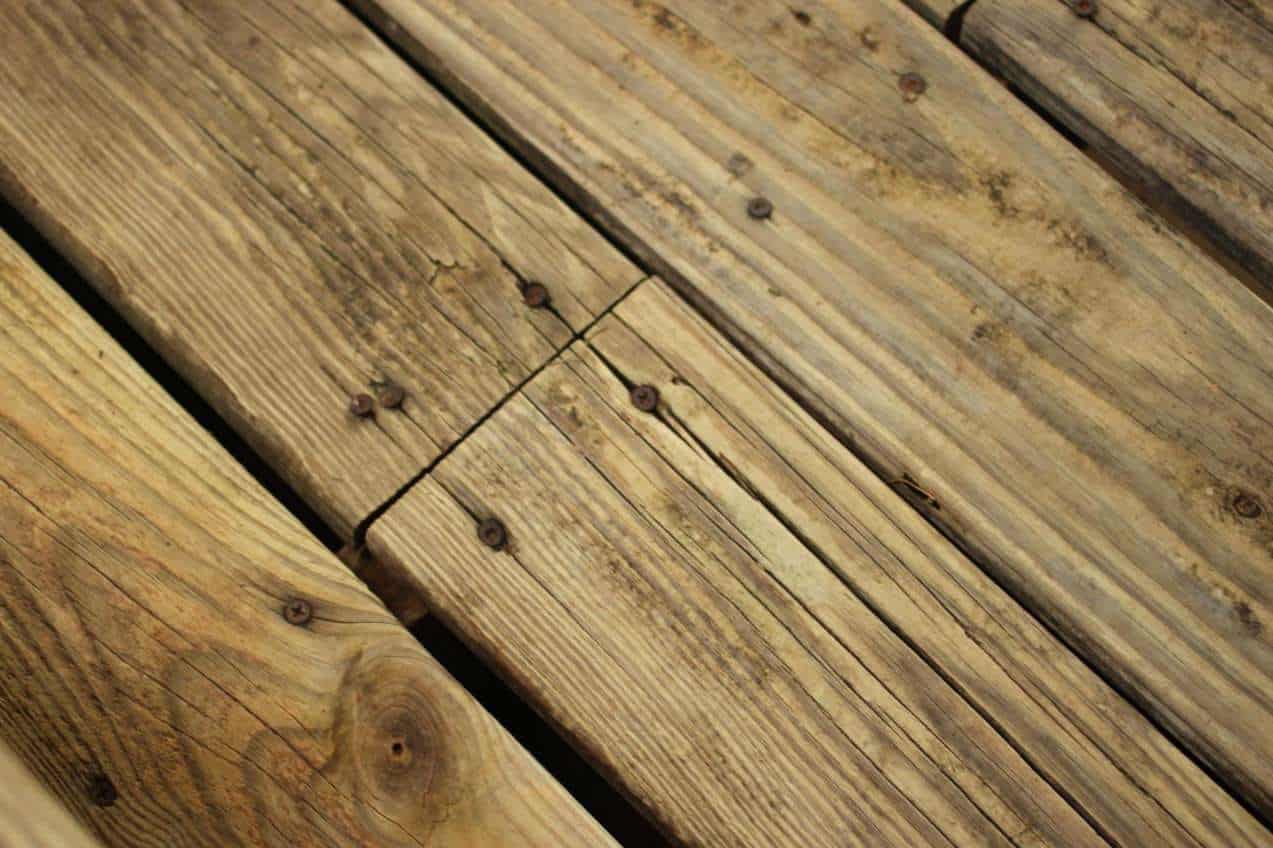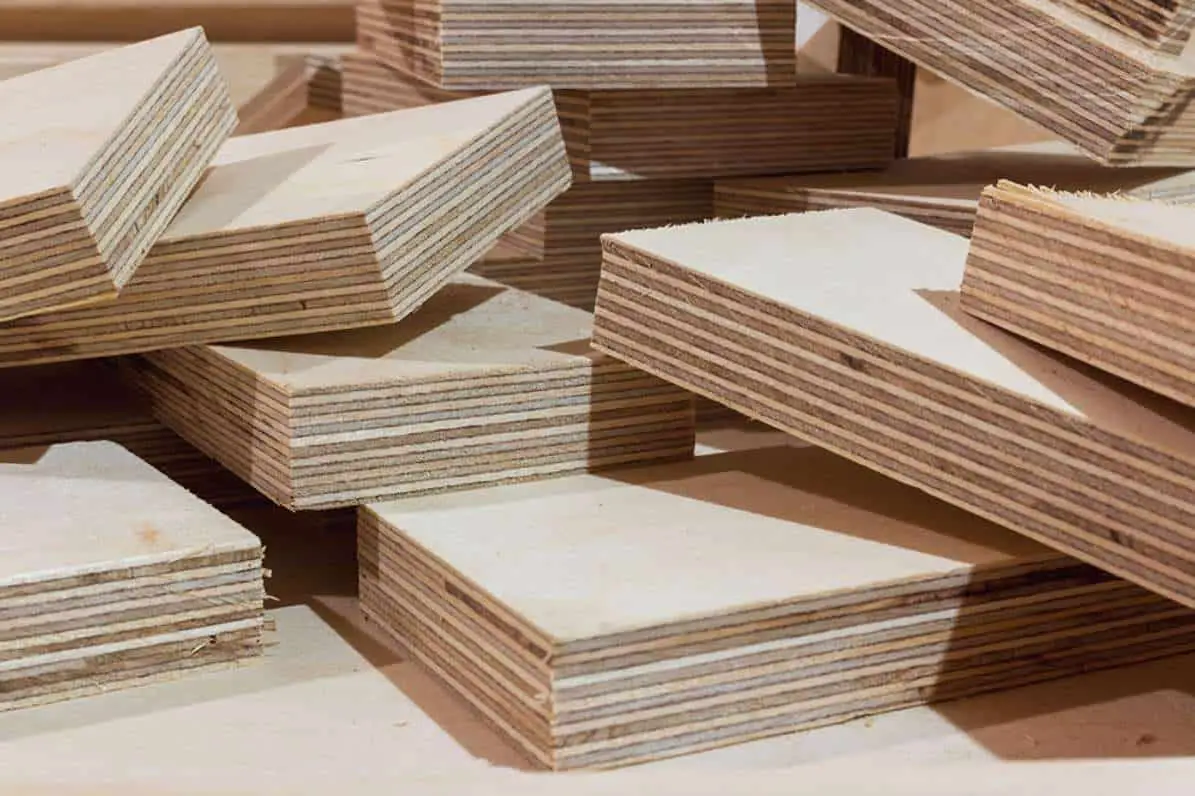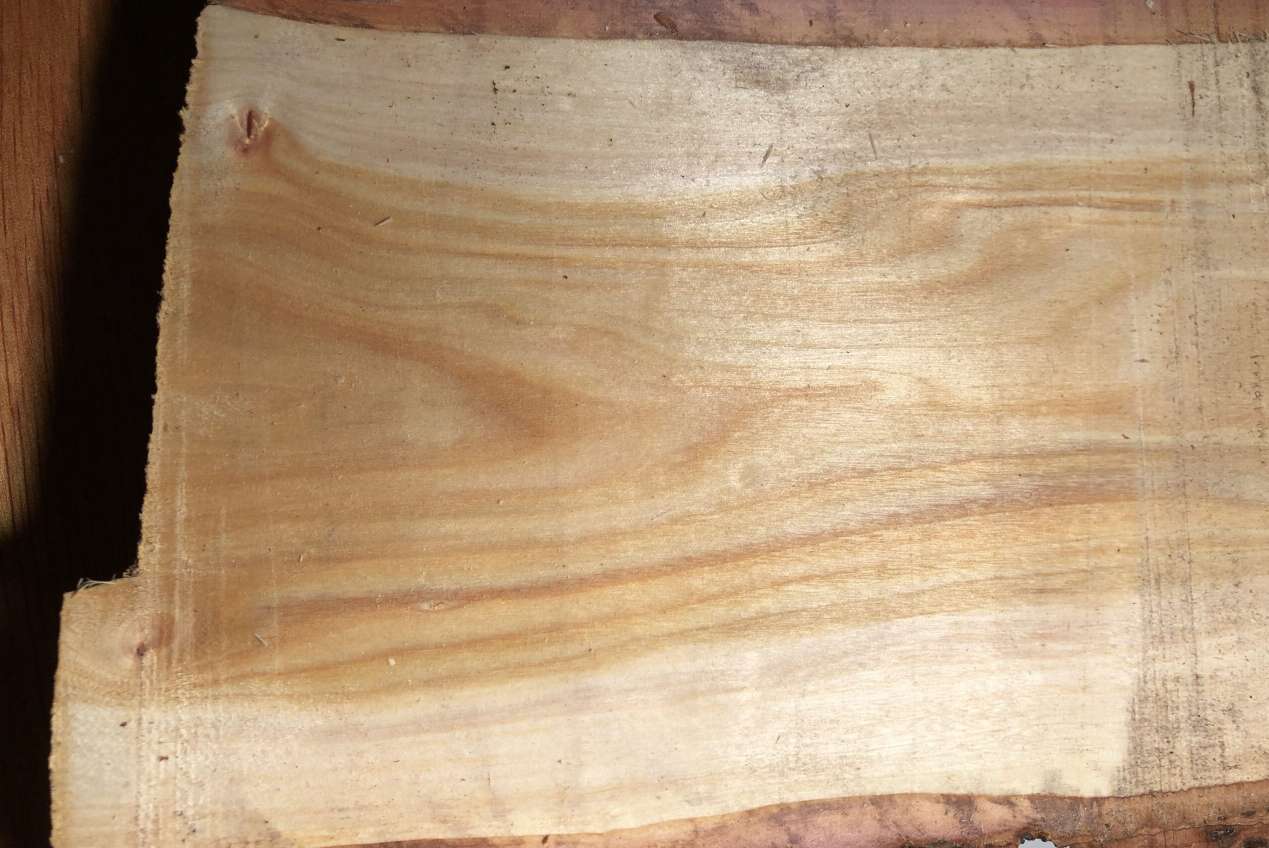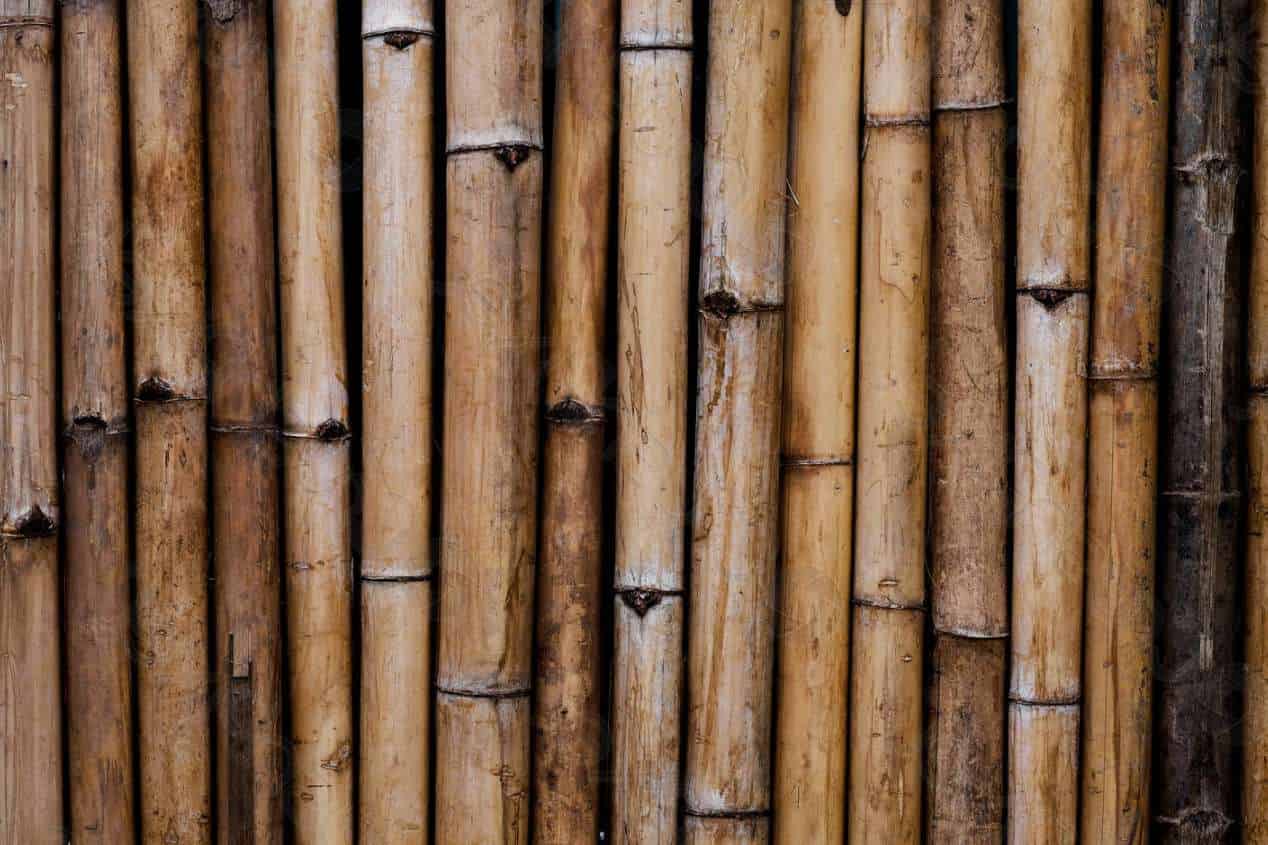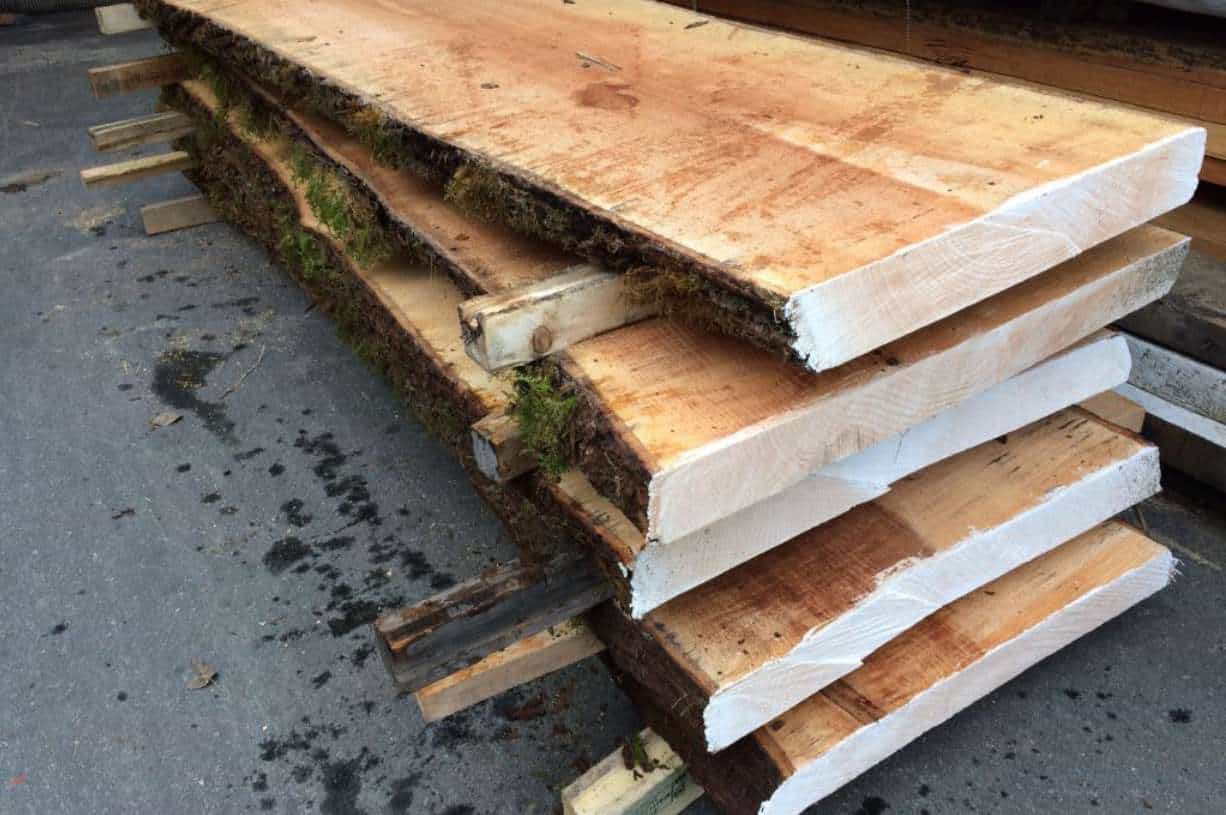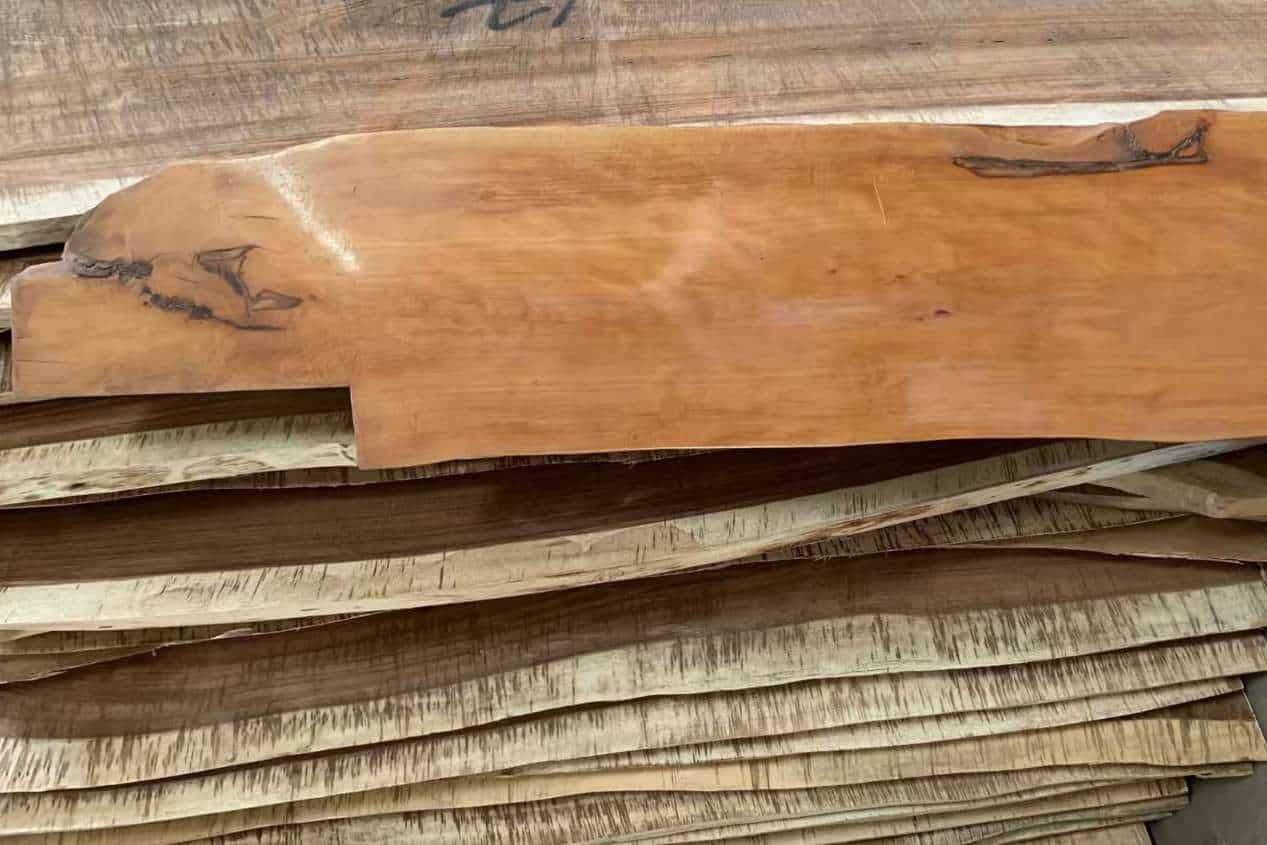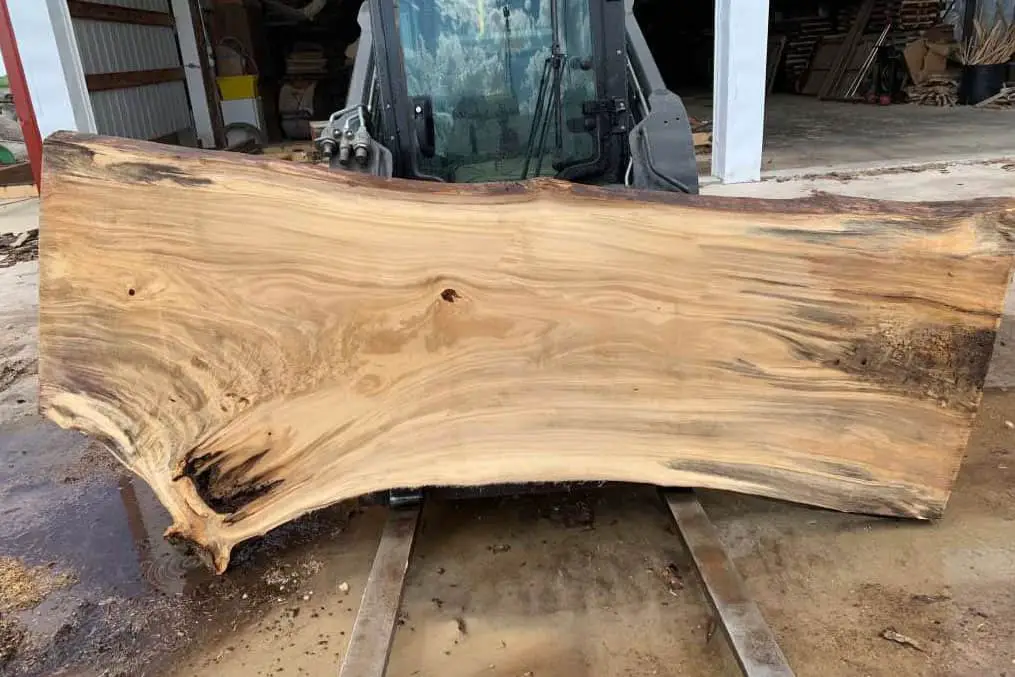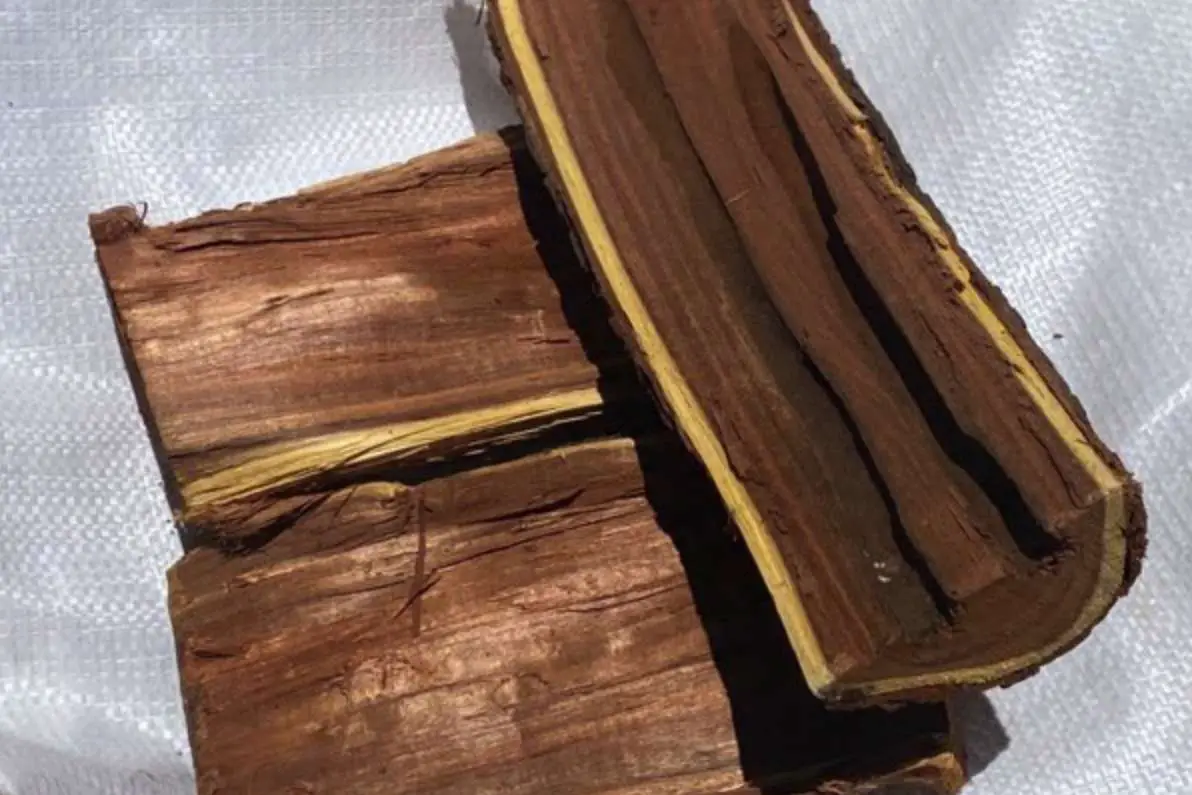Rabbits are the best pets for your children. They are playful and harmless. But, you must know that rabbits love to munch, and woods are not exempted. So, before you get one and start building their hutch, read this article and learn what wood is safe for a rabbit hutch.
What Wood is Safe for Rabbit Hutch?
You can use any wood to make rabbit hutches. But not all of these woods are best for your rabbits. While some woods are safe for your rabbits, some may also affect their health and cause them to develop diseases. Thus, you build rabbit hutches based on rabbit-safe woods.
Also, you must consider whether these woods are treated or untreated. To people, treated or untreated woods are just the same woods, with the former being the best choice for its longevity. However, the type of woods and how they are processed are important to rabbits.
Though treated woods can withstand bad weather conditions over time, it is the untreated woods that make a great hutch for rabbits.
2 Types of Untreated Woods for Rabbit Hutch
Untreated woods are those woods that doesn’t have any chemicals in them. It doesn’t have any finishing on it and may deteriorate quickly, especially if placed under direct sunlight or in any weather condition. Because it doesn’t have any protection, it may not last a year or two.
But these types of woods are the best woods for your rabbits. Do you know why? Rabbits munch a lot, and wood is not an exemption, so if their hutch is made of untreated wood, more likely, that they won’t have any upset stomach or get poisoned.
There are two types of untreated woods that you can use to build your rabbits’ hutches.
These woods are as follows:
Hardwoods
Over the years, hardwoods have sheltered us and kept us warm. The hardwood materials used in most houses, tables, and chairs have proven useful and durable. You might have seen that most of these hardwoods are painted and treated. Still, some have served their purpose without treatment.
Softwoods
Another type of untreated wood that you must consider is softwoods. Softwoods are also one of the primary building materials that makes the best rabbit hutch. But do not mistake this as literally a soft wood that you can easily break.
They are called softwoods because they are easy to cut and form shapes for your cabinets, furniture, and other carved products. Most woodworking professionals use this type of wood. They are durable, but they are also easy to work with at the same time.
But, before you go out and look for untreated woods, you must remember that some softwoods exude resins, and some softwood shavings may produce phenols that are harmful to rabbits. Other than that, everything is good. Just make sure that the softwood is 100% dry.
Can You Use Woods That Has Undergone Pressure Treatment?
The answer to the question is debatable. However, we know there are some rabbit hutch manufacturing companies that use the pressure treatment technique to make the hutches last for at least ten years.
So, are these rabbit hutches safe for rabbits? It depends. Suppose the rabbit hutches are made with pressure treatment chemicals that are rabbit-friendly, then yes. If not, then they are harmful to the rabbits.
7 Rabbit-Safe Woods that You can Use to Build a Rabbit Hutch
Though there are hutches made of metal and plastic frames, the material most commonly used is still woods. So, here are 12 kinds of safe wood for rabbits’ hutch.
Plywood
If you ask me what wood is safe for a rabbit hutch, the first thing that will come to my mind is plywood. It may look like a soft material that cannot withstand severe weather conditions. But this simple wood board with the right size, ply, and build will make a good rabbit hutch.
There’s a catch, though. Do not use this wood for flooring since the chemicals you will use in building the hutch might be chewed or eaten by the rabbits. These chemicals are deadly to them. Use the plywood as the rabbit hutch’s walls or roof for safety purposes. This way, the rabbits’ chances of eating them are low.
Willow
Another wood safe for a rabbit hutch is Willow. You can often see this wood used as a component of a rabbit’s toys. Sometimes’ rabbit owners also give their rabbits willow twigs to chew. This only means that a willow wood is safe for the rabbits and is completely safe for a rabbit hutch.
Bamboo
A study was made in 2008 where the bamboo woods are used to build rabbit hutches instead of wire or mesh cages. It aimed to determine whether or not the rabbit hutches made of bamboo could decrease the mortality rate of the rabbits.
After twelve (12) weeks, the study ended with favorable results for the Bamboo woods. They have concluded that Bamboo woods are better than mesh and wire cages as it decreases the mortality rate of the rabbits.
The untreated bamboo woods are also perfect for your rabbits since they are edible. The rabbits can chew them without causing any harm to their health. However, be cautious if you use bamboo wood for your rabbit’s hutch. If they munch too much, it may cause an upset stomach.
Maple
Maple woods come from a large group of trees and shrubs where some of the Maple trees produces maple syrup, while some have those perfect dense hardwood that makes a piece of seamless home furniture.
Whichever type of Maple woods you choose, both are perfect for a rabbit hutch. Furniture or anything made up of Maple woods are sturdy and can withstand harsh weather conditions. Most importantly, maple woods are completely safe for your rabbits as long as it doesn’t have any chemicals on them like paint.
Apple and Pear
“An apple a day keeps the doctor away,” they said. It’s true as well with rabbits. Apples and pears, twigs, branches, and leaves are healthy for rabbits. This only means that apples and pears woods are also safe for rabbits. Thus, the apple and pears woods make a perfect rabbit hutch.
Cottonwood
Cottonwoods are mostly used for matchboxes and matches-making less the phosphorus. This type of wood and all its parts are completely safe for rabbits. Therefore, you can build a rabbit hutch made of cottonwood without any worry.
Raspberry and blackberry
Raspberries and blackberries are not just perfect for desserts. Their woods make ideal rabbit hutches too! Your rabbits can safely munch any parts of the raspberry and blackberry trees. So, don’t worry. The raspberry and blackberry woods are not harmful to your little fur balls.
Check the video below for some of best wooden hutch for rabbits.
4 Things to Consider in Rabbit Hutch Making
Now that you have an idea of what wood is safe for a rabbit hutch, we will check the primary things you need to look at when making a rabbit hutch.
Size
Contrary to what most of us believe, size matters in rabbit hutches. As much as possible, you must give enough space for your rabbits to exercise, jump around inside their hutch, and, most importantly, a space for them to call ‘territory.’
Ideally, the size of the rabbit hutch depends on how big they can become when they reach the adult stage. Also, you need to consider how many rabbits you will put into a rabbit hutch. But in general, the rabbit hutch’s size must be around 12 square feet.
Materials
Do not look for another material to build your rabbit hutch. The woods we mentioned above are enough for you to create the rabbit hutch. The seven untreated kinds of wood we listed are all safe for a rabbit hutch. They are all sturdy and safe for your rabbits.
Add this to some of the chew-proof materials you may need to build the rabbit hutch, and the result will amaze you. Among these chew-proof materials are plastics and probably wire mesh. Well, they aren’t 100% chew-proof. Also, if you opt for wood treatment, just select those chemicals and paints that are rabbit-friendly.
Flooring
This part of the hutch must be carefully worked on. Why? You need to install a rabbit hutch flooring that is easy to clean and will last for more than five years or until how long your rabbit hutch will last.
Some rabbit owners advise that you may use tiles, but they are smooth and can easily be cleaned. However, you may need someone to help you install it into the hutch unless you have some carpentry skills.
Customized Designs
This is one of the perks of building your rabbit hutch. You can play around with the design to not make it look like a rabbit hutch but instead an aesthetically beautiful cage with shelves and ramps that your rabbits can use.
You also have the final say on your rabbit hutch’s interior. Check the video below for more information about rabbit hutches designs that you can get information from.
Summary
If only rabbits are not munch monsters, any wood is safe for the rabbit hutch. However, with their nature, you need to ensure that the woods that you will use to build their hutches won’t trigger any illness or harm them.
